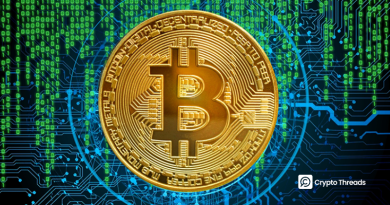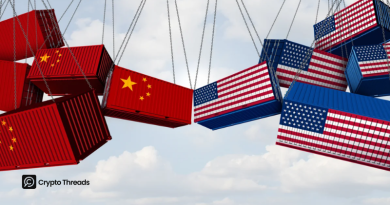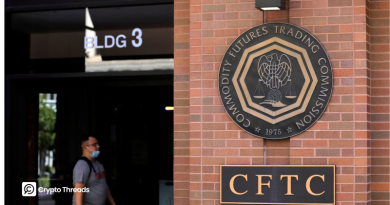OpenAI Confirms Robinhood Tokens Do Not Represent Company Equity
Key Takeaways
- OpenAI does not recognize tokens distributed by Robinhood as real equity
- All OpenAI share transactions require company approval
- Elon Musk criticizes OpenAI’s equity structure following this statement
- Robinhood continues to deploy tokenized asset trading plans in Europe
OpenAI Speaks Out on Token Issue
OpenAI issued an official statement on Wednesday, clarifying that OpenAI tokens distributed by Robinhood to European users do not represent actual ownership in the company.
“We are not involved in this and do not endorse it,” an OpenAI representative stated on social media. “Any OpenAI equity transfers require our approval — we have not approved any transfers. Please be careful.”
Robinhood’s Token Distribution Program
Robinhood distributed $5 worth of OpenAI and SpaceX tokens to EU customers Monday, promoting its new tokenized stock service. This launch coincides with Robinhood’s proprietary Layer-2 blockchain deployment for processing tokenized assets.
A company representative confirmed eligibility is limited to “qualified European customers”, noting these tokens provide retail investors indirect exposure to private markets through Robinhood’s holdings in a special purpose vehicle (SPV). Industry analysts observe this SPV structure allows fractional ownership while navigating regulatory boundaries.
Elon Musk Criticizes OpenAI
OpenAI co-founder Elon Musk seized the announcement to attack its governance: “Your ‘equity’ is fake,” he tweeted on X. The SpaceX CEO — who left OpenAI’s board in 2018 — has consistently criticized its shift from non-profit to “profit-maximizing entity”, including ongoing lawsuits alleging charter violations.
Robinhood’s Tokenized Asset Trading Plans
Robinhood first announced plans to deploy tokenized stock trading for European customers in May 2025. The timeline for deployment in the United States has not been determined.
Senior Vice President and General Manager of Robinhood Crypto Johann Kerbrat stated that integrating tokenized real assets would promote financial inclusion.
Traditional Asset Tokenization Trend
Robinhood’s entry into the tokenized stock market comes as cryptocurrency exchanges are integrating tokenized stocks, government securities, corporate bonds, and other traditional assets, blurring the lines between traditional and digital finance.
Robinhood argues that tokenization opens up previously inaccessible asset classes such as private equity, private credit, and commercial real estate investments to the public through asset fractionalization.
Private equity and private credit are typically reserved for accredited investors with investment assets of $1 million or more, or those meeting income requirements under EU and US regulations, making them inaccessible to average retail investors.
CEO Vlad Tenev reinforced this vision at Cannes: “Crypto’s role transcends speculation — it’s becoming financial infrastructure.” The company’s Layer-2 network aims to settle tokenized trades in <2 seconds at 90% lower cost than traditional markets.



